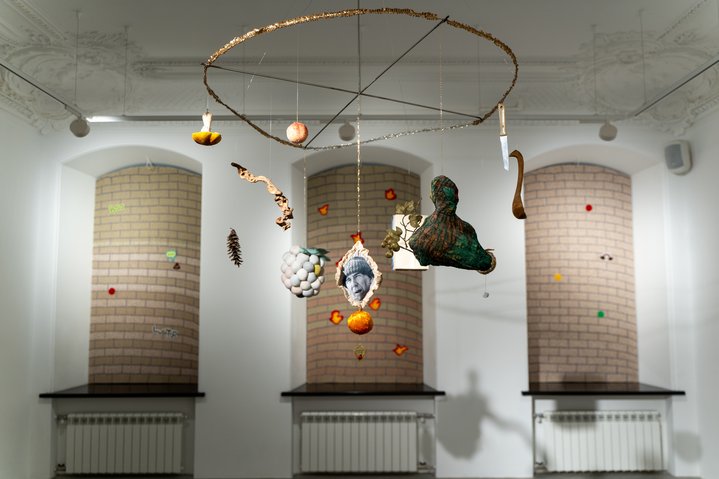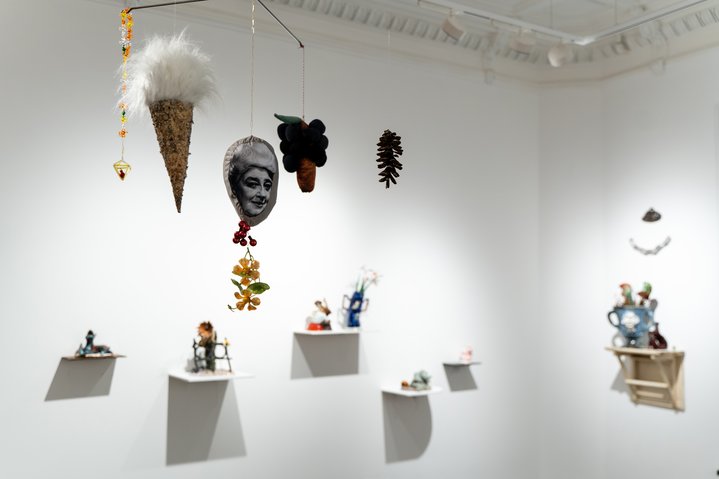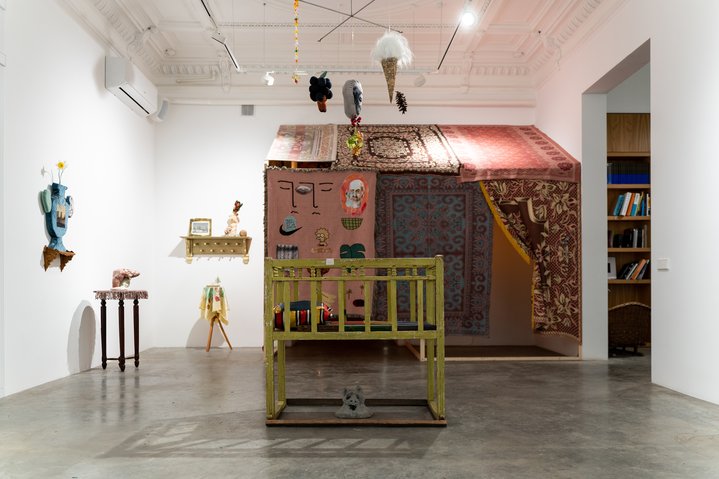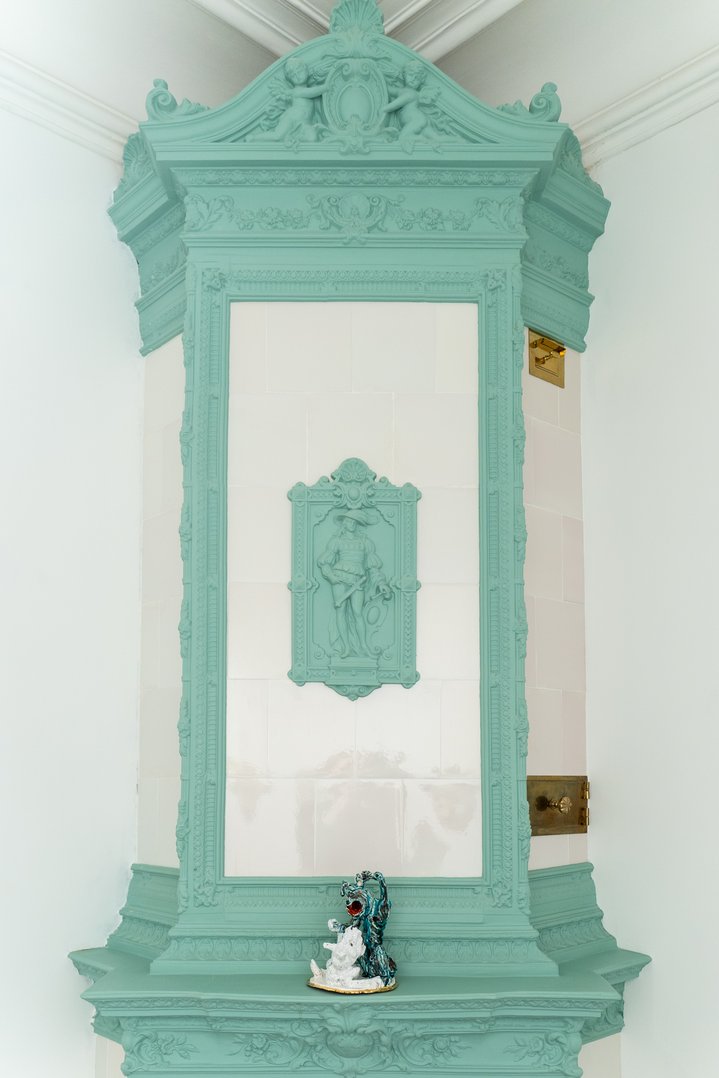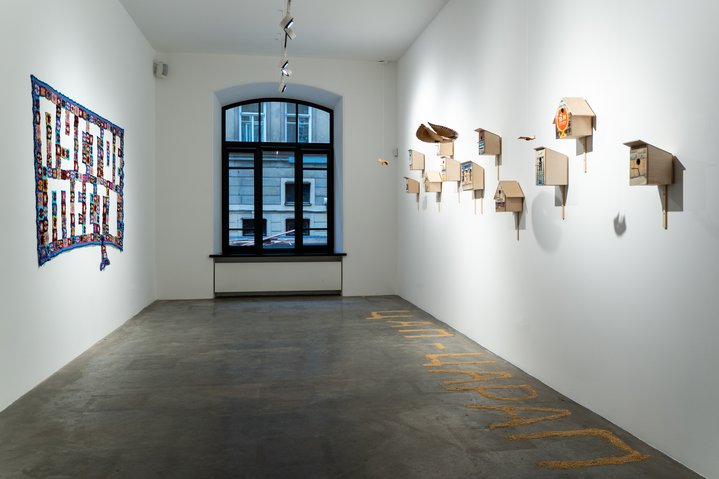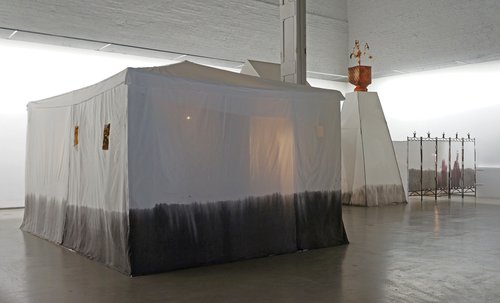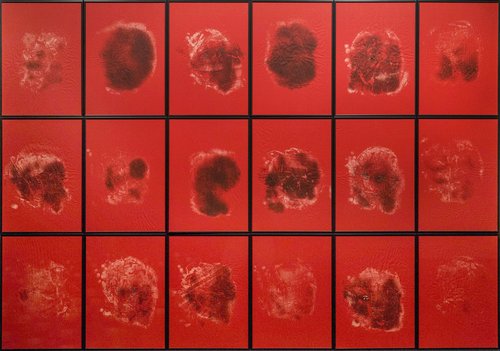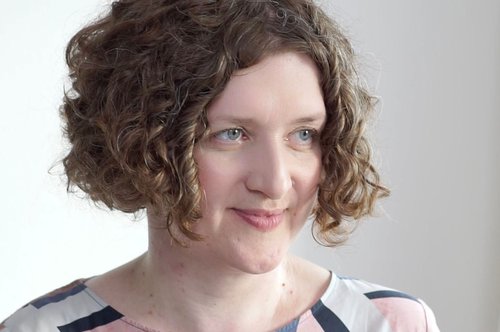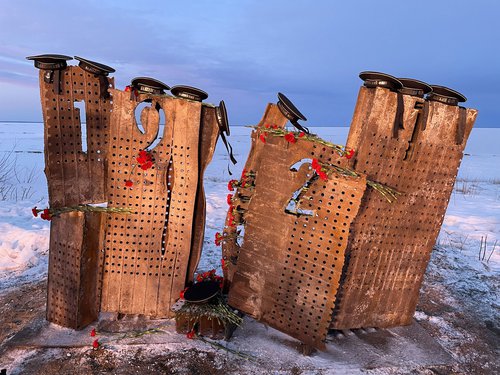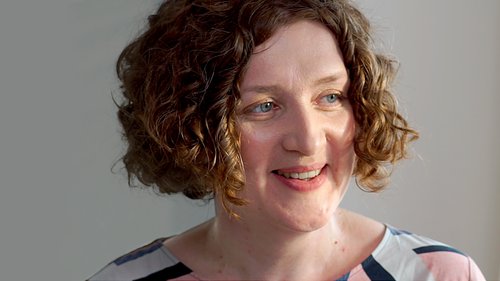Irina Korina and Olga Bozhko. Apologue. Exhibition view. St. Petersburg, 2024. MYTH Gallery. Photo by Lyudmila Burchenkova. Courtesy of MYTH Gallery
Audiences are literally spellbound by ‘Apologue’ on view at the MYTH gallery in St Petersburg, in which two Moscow artists Irina Korina and Olga Bozhko explore the surreal in their Soviet heritage and childhood memories.
´Apologue´at the Myth Gallery in St Petersburg is not the first artistic collaboration between artists Irina Korina (b. 1977) and Olga Bozhko (b. 1974). Both graduates of the Scenography Department of Moscow's GITIS (Russian Academy of Theatre Art) they are former classmates who share similar artistic ideas, there is a natural understanding between them. Despite this, they think and work on completely different scales. Korina is best known for her total installations, and Bozhko's art is far more intimate. Korina´s installation ´Urangst´ (2003, XL-gallery, Moscow) and ´Good Intentions´ (2017, 50th Venice Biennale), among others capture the zeitgeist in today´s Russia, in all its profundity describing broadly the human condition of its citizens. Both Korina and Bozhko deconstruct Soviet and post-Soviet visual language.
One feature of the Soviet reality was infantilism and perhaps this is why childishness became a popular subject in Moscow conceptualism at the end of the 1980s which found its vivid expression in the activities of the artist group, ´Inspection Medical Hermeneutics´ headed by Pavel Pepperstein (b. 1966). In Apologue we can see in Korina and Bozhko a similar exploration of childhood in soviet culture several decades after the end of the USSR, which continues to exist today as a complex of ideas kept alive with new political stimuli.
Most of the works in ´Apologue´ were created specifically for the exhibition, some made in GES-2´s ´Vaults´. About the name of the show Bozhko says: "An apologue is a kind of a fairy tale, a story about childhood impressions, and their collision with the world around us. Parents want to pass on their own experience and reproduce it in their children so that they grow up and can move forwards, but this creates a sense of going around in circles. In the end we all find ourselves back in the same place." In these works, Korina and Bozhko are searching for what they term ´special beauty´, a word they often use to define artefacts from a bygone era, for them and their contemporaries, a world which changed overnight, where the USSR became antiquity in front of their eyes.
The exhibition space has been transformed into a kind of museum of local history, an environment the artists have explored in their work before. There is a broad variety of media in the show including ceramic works by Korina, and Bozhko has combined silk-screening with needlework. Some of Korina's ceramic objects themselves reference the atmosphere of a museum and others are reminiscent of large-scale sculptures of the Soviet era. Bozhko's photographs, which she took on the streets of Moscow, serve as a kind of sociological sketch, as does the installation ‘Tsap-tsarap’ consisting of birdhouses with shop signs starting with the word МИP, meaning in Russian ‘World of…’ or ‘Peace’. Elsewhere slogans parodying official Soviet festive decorations where you were obliged to go along with the fun, take on a distinctly surrealist tone.
"The heart of the exhibition is a kind of house, a child’s hiding place. It is reminiscent of an oriental palace, or a hut, or maybe some kind of sanctuary. We collected old Soviet bedspreads, the kind that everyone’s grandmother or aunt had at home¨, Irina Korina tells me as we walk through a passage created between two halls in the gallery. This tent, covered with brightly coloured textiles not only echoes childhood but like any nomadic building, it is a metaphor for homelessness, with an urgent relevancy today.
The objects in Korina's assemblages are elegiac, like a small homemade night lamp in the form of a glass iceberg on a wooden pedestal, which the artist found at a flea market while she was installing the exhibition. It is such "things close to her heart" that become part of Korina's work. She understands them on a deep level and feels their very nature. "They are simply images associated with a nostalgic beauty or born in nostalgia, but in a way they still have a certain charm," she says. Like the European Romantics, the artist sees the beautiful in a ruin, and understands dilapidation as a guarantee of beauty. As she puts it, "Everything is already slightly broken on purpose beforehand." This aesthetic niche includes everything strange and paradoxical, possessing what in the 1930s the poet Daniil Kharms called "Equilibrium with a small error".
Escapism is a key theme in Korina's work. A pair of baby crib mobiles, "strange objects designed to stupefy the consciousness of the sleeper", as the artist says, have been assembled from items left behind by her friends who have now left Russia. They orbit around a printed cushion with a portrait of Pastor Schlag, a character from the Soviet TV series ´17 Moments of Spring´ who escaped from Nazi Germany to Switzerland. The artist explains: "Some of these objects are created from things that have been given to me by friends who have now left Russia. These are kind of hopeless things that have such a strong fascination and meaning for people that they couldn't throw them away, but they couldn't take them with them either. They are weird objects that are somehow very valuable, but you can't take them with you them, and you can't part with them. These objects of unknown value have become important to me." The world of objects is described in a similar way by poet and prose writer Maria Stepanova in her book ´In the Memory of Memory´. Objects as a mysterious sign of something bigger than them, a thing with a lost meaning, never to be recovered, hermetic in its meanings, but still open in its imagery.
The concept of what is implicit, hidden or semi-disclosed has been important to Irina Korina since the beginning of her career. Childhood, full of its prohibitions and disciplinary violence, is also an unexpressed time in our human lives. In this sense, in a series of ceramic masks called ´Faces´, childhood takes on an aspect of horror. Placed in a row, the animal masks from a pig to an elephant, appear to encircle a child as if creating a feverish delirium and nightmares.
Working with Soviet and post-Soviet art material, Irina Korina validates the private and material heritage of individuals. It becomes an intangible heritage, and as an element of installation turns into a universal one in her work.
The project was implemented with the support of the Iragui Gallery, the XL Gallery, and The Vaults Centre for Artistic Production.
Irina Korina and Olga Bozhko. Apologue
St. Petersburg, Russia
23 February – 7 April, 2024






